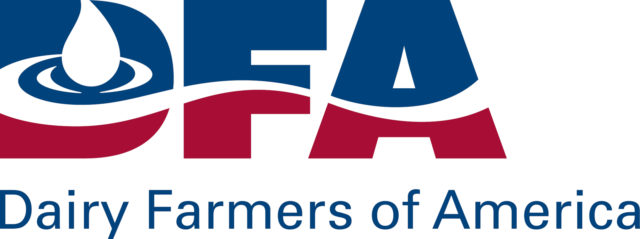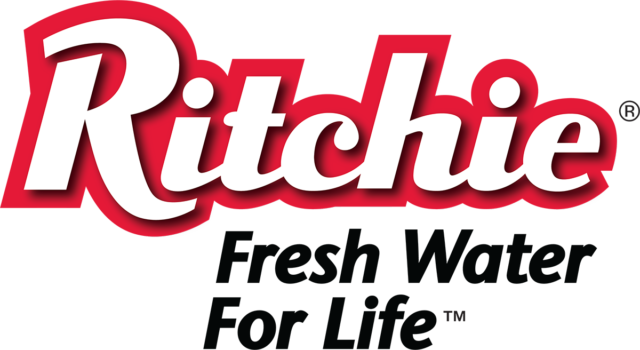Unfortunately, animal welfare extremist organizations see fairs and events as something entirely different: an opportunity to disrupt and protest to bring attention to their cause of eliminating animal agriculture and promoting animal rights. Protesters have disrupted some high-profile events – the beef show at the Royal Winter Fair, World Dairy Expo and the opening ceremonies at the Pennsylvania Farm Show. They have also targeted smaller events. Earlier this year, activists from Direct Action Everywhere went to a junior livestock show in California. They wandered around while livestreaming on Facebook and inaccurately depicting what they were seeing. The activists specifically attacked 4-H and FFA, saying youth livestock programs turn “innocent young children into murderers.”
If you will be involved in a fair or expo this year, we strongly encourage you to prepare for activist protests and disruptions. We sincerely hope that you do not end up needing to activate your plan, however, preparation and planning is key to ensure the event is a positive and educational experience for everyone.
The Animal Agriculture Alliance offers these tips for security preparation:
- All events should have a crisis plan outlining who should do what in various scenarios – protests, disruptions, etc. Crisis plans can also address natural disasters, accidents and other issues that may arise during the event. Designate clear roles and responsibilities – including media spokespeople – and have backups in place in case the primary individuals are unavailable. Make sure all exhibitors know what the plan is and who key spokespeople are. Additional resources for crisis planning can be found at the websites for the Wisconsin Department of Natural Resources and the International Egg Commission.
- During this planning process, consult local law enforcement about how to handle activist activity at fairs. Let them know about your potential concerns, ask about handling different scenarios and get an understanding of when you should get law enforcement involved in a situation. This could also be a great opportunity to build a relationship by inviting them to stop by the show and learn more about your industry.
- Monitor online conversation to see if you may be a target. Protests are frequently organized on websites or social media. Search the web and social media for the name of your event a few times a week leading up to the event. Also, be sure to be aware of high-profile visitors or activities going on that may draw media (and therefore activist) attention.
- Keep an eye out for suspicious activity: people carrying signs or other protest materials, someone taking a strange amount of photos and/or videos, or talking into a phone or camera, or individuals asking very direct questions. Report any concerns immediately to fair management. Follow up if your concerns are not addressed.
- Avoid confrontation. Activists want attention – please avoid giving it to them. Keep your cool and let law enforcement or event management handle any issues. This is especially important when children are involved (such as at youth shows). Activists will try to get an emotional reaction from a child and an angry one from an adult. Keep in mind, they are likely livestreaming or recording the interaction.
- Some activists have been focusing on animal transport. Be aware of potential for activist activity as you are taking your animals to the show while driving or stopped for a break.
While you prepare for the worst, you should also hope and plan for the best – meaningful engagement with curious fairgoers. Here are some ideas for maximizing fairs and shows as an opportunity for consumer conversations:
- Brush up on your industry’s animal welfare guidelines and talking points. Be prepared to answer a wide range of questions from consumers, including ones on controversial topics.
- Make sure your barn or exhibit space is always clean and inviting to visitors. Consider displaying posters or signs with facts about agriculture and animal care.
- Draft an animal welfare policy for your farm or club. Have every exhibitor affiliated with you sign the policy and keep it readily available during the event. Having your commitment to animal care clearly written out will help demonstrate how seriously you take it if it’s questioned by a visitor.
- Encourage all club members to take the time to engage consumers and respectfully answer questions from curious fairgoers.
At the Animal Agriculture Alliance, we are committed to the mission of bridging the communication gap between farm and fork. We have outreach and security resources available online. You can contact us at (703) 562-5160 or email us if you have questions. We have additional resources available to our members, so consider joining the Alliance to gain access to security and crisis management resources. You can find the benefits of membership and more details on our initiatives at the Animal Ag Alliance website. ![]()
Allyson Jones-Brimmer is the director of industry relations for Animal Agriculture Alliance.




